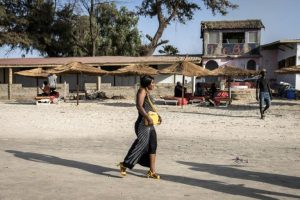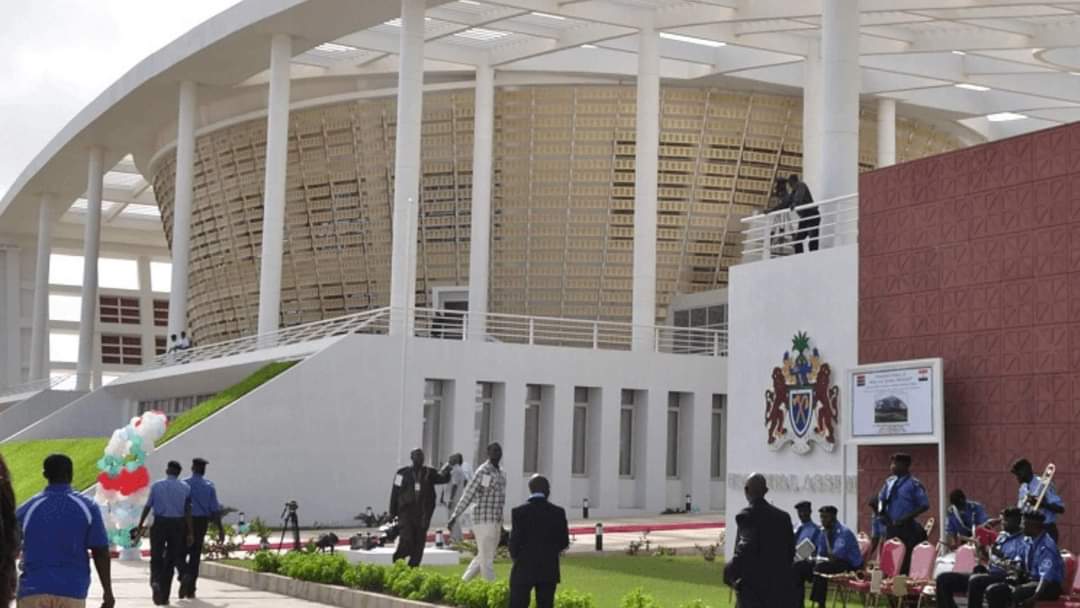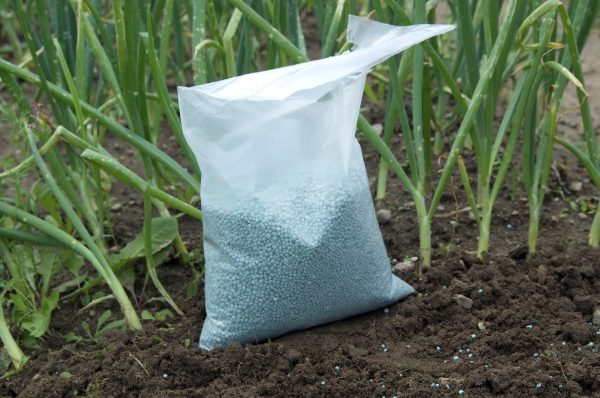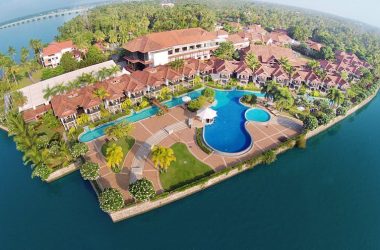
On a beach outside a luxury hotel near Banjul, the sun loungers lie empty beneath the palm trees and straw parasols, and the waves roll in undisturbed by bathers.
The smallest country in Africa, The Gambia promises sunshine and good times in abundance, but its major clientele — holidaymakers fleeing the chill in Britain — have stayed away.
The tourist season should have hit its stride in October, but business has been hit for the second year running by the Covid-19 pandemic.
“This is a typical Gambian beach,” says Malleh Sallah, boss of the four-star 140-room Tamala Hotel, his arms outstretched.
Before the virus came, he says, the beach was full.
Today, just one Ivorian and a Dutch couple are there to contemplate the Atlantic. Away from the sand, there are more visitors in the restaurant and by the swimming pool.
A sliver of land about 480 kilometres (300 miles) long surrounded by Senegal, The Gambia is one of the poorest countries in the world.
Its economy depends deeply on tourism, with the industry accounting for over 15 percent of national GDP in 2019, according to the United Nations Development Programme (UNDP).
Most tourists, attracted by long white beaches and its English-speaking population, have traditionally come from former colonial master Britain. The country pitches itself as “The Smiling Coast,” for its welcoming people.
But virus-related travel restrictions have wreaked havoc on the crucial sector, prompting the government to try to lure visitors from other countries, including from within Africa.
Tourist arrivals fell from 235,000 in 2019 to below 90,000 in 2020, the International Monetary Fund (IMF) says. Some 19 percent of businesses in all sectors across The Gambia folded.
– ‘Dead’ industry –

The tourism industry had already begun to struggle in 2019 after the collapse of British tour operator Thomas Cook.
But the following year was a job killer.
“The hotel industry was dead,” says Sallah.
“We had no tourism season last year,” says Adama Njie, marketing director at the Gambian Tourism Board.
Tourism Minister Hamat Bah told AFP the country lost some 200,000 jobs during the pandemic, which also led to an uptick in crime.
About 20,000 people — nearly one percent of the Gambian population — also fell into extreme poverty, the IMF says.
Business is beginning to crawl back to life this year, but it remains vulnerable.
Sallah is a co-owner of the Djeliba Leisure Group, which has five hotels. Of a thousand people employed before the pandemic, just one in four have kept their jobs, he said.
Three of the group’s hotels, which closed for seven months during the pandemic, had recently re-opened their doors, a sign of progress. The Tamala is 70-percent occupied, although at peak season, it is usually full.
Njie said that across the nation, turnover in the tourism was about a third of the level it once was but was slowly picking up.
– Diversify –
Part of The Gambia’s new strategy is to attract visitors from elsewhere in Africa, such as neighbouring Senegal, or Nigeria and Ghana, which are less affected by travel restrictions.
The shift in emphasis appears to be bearing fruit. Sallah said that 80 percent of occupied rooms were currently filled with West African guests.
Michael Assade Akouo, the Ivorian guest at his hotel, told AFP he had travelled to The Gambia for work, but wanted to discover the country while he was there, complimenting its “beautiful beaches”.
The typical European tourist appears to be changing too. Dutch, and to a lesser extent German visitors, are beginning to replace the British, Njie said.
With just over 10,000 confirmed Covid cases recorded since the start of the pandemic, travelling to The Gambia is perceived as safe.
But Njie warned tourism’s recovery would depend both on how The Gambia continues to combat the pandemic, and on how other countries respond to new virus variants.
“What comes (next) will be dictated by what Covid will bring,” he said.















